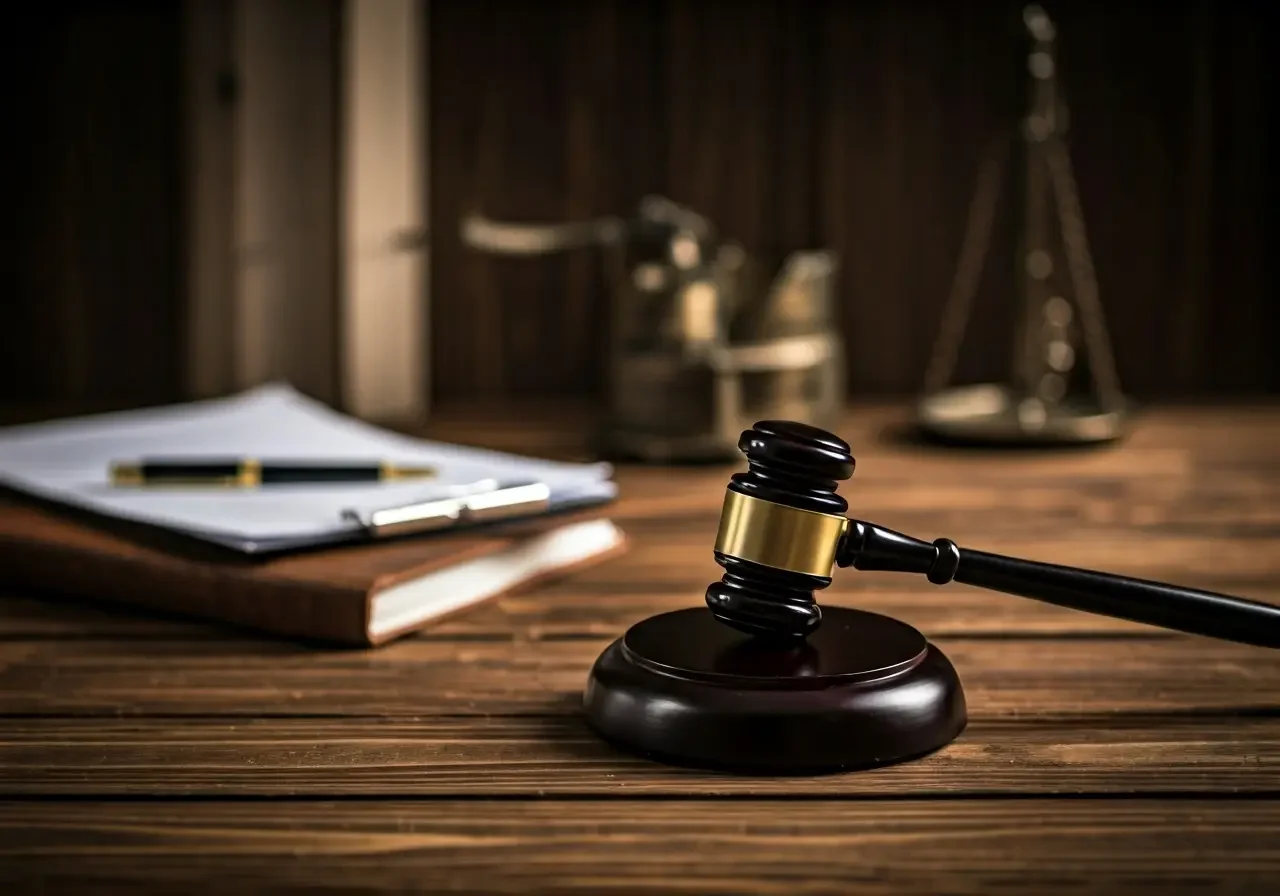8 Essential Steps to Take After a Collier County Arrest
Finding yourself on the wrong side of the law can be overwhelming. If you or a loved one has been arrested in Collier County, it's essential to stay calm and take the right steps to protect your rights. This guide will walk you through crucial steps to take after an arrest to ensure the best possible outcome.
1. Prioritize Your Safety and Stay Calm
The first thing to do after being arrested is to keep calm. Panic can lead to mistakes in judgment and may worsen the situation. Remember, staying composed is crucial for clear decision-making. It's important to focus on your breathing and avoid making any defensive statements to the police at this early stage.
Remaining calm also aids in listening carefully to what is being communicated to you by the authorities. Misunderstandings during these initial interactions can have long-term ramifications, not just legally but emotionally as well. Find ways to mentally center yourself by thinking of people or places that bring you comfort.
2. Understand Your Rights
It's vital to be aware of your rights upon arrest. You have the right to remain silent and the right to an attorney. Exercising these rights can protect you from self-incrimination. Knowing these rights helps you maintain a clear boundary between what must be disclosed and what can be withheld safely until legal counsel is present.
Moreover, understanding your rights can provide a sense of empowerment during an otherwise disempowering situation. The Miranda Rights were established to ensure fair treatment, and their comprehension is a crucial first step in safeguarding your future. Take advantage of these rights as they have been put in place to protect you.
3. Contact a Trusted Attorney
Engage with a reputable attorney familiar with Collier County laws. An experienced lawyer can provide guidance, represent you in court, and work towards the best possible outcome. Their expertise can significantly change the trajectory of your case, allowing for a more strategic approach to your defense.
It's crucial to contact an attorney as soon as possible. They will help you navigate the complexities of the legal system and can advise you on your rights and options. A seasoned legal professional not only knows the intricacies of the law but also the subtleties of local legal customs in Collier County that can affect the case outcome.
4. Secure Important Contact Information
Make sure you have contact information for key people, such as family members and legal representation. This ensures you can communicate effectively and keep them informed of your situation. Your attorney will also need these details to discuss your case progress and keep everyone updated with critical information.
In today's digital age, consider storing this information securely on your phone or a trusted device. Utilizing apps that provide secure storage and are immune to unauthorized access can also be a smart decision. It’s also a good idea to memorize at least one important contact number in case your access to digital devices is limited.
5. Gather Evidence and Documentation
Collect any pertinent information or documents related to your case. This can include police reports, witness statements, or anything that supports your defense. Early on, this information can form the foundation of your defense strategy and may often reveal discrepancies or misunderstandings in the initial charges.
Aim to document everything meticulously. Keeping a personal log of events as you remember them can prove invaluable, especially when memories fade or details become murky with time. Similarly, analyzing evidence can involve gathering video footage or digital evidence if applicable.
6. Attend All Scheduled Court Dates
Missing a court date can have serious consequences. Ensure you attend all hearings and stay informed about your case proceedings to avoid complications. This shows the court your commitment to resolving the matter responsibly and can positively affect the judge’s perception of your character.
To stay organized, use calendar reminders or apps designed to manage legal obligations. Missing even a single date can lead to additional charges such as failure to appear, which could complicate your case further. It’s imperative you take these appointments as seriously as possible.
7. Consider Bail and Release Options
Explore the possibility of bail to secure your release while awaiting trial. Discuss your options with your attorney to determine the best course of action. Posting bail can allow you the freedom to prepare your case more fully from the outside. It's beneficial to understand how the bail process works to avoid any surprises.
Talk about bail conditions with your lawyer; understanding these can prevent violating them unintentionally. Ensure compliance with all conditions to maintain your release status and avoid any repercussions, which could worsen your legal standing.
8. Reflect and Plan for the Future
Take this time to reflect on your situation and consider the steps needed to prevent future legal issues. Whether it's building a support network or seeking professional help, planning is key. It can help you address any underlying issues and set positive life changes in motion.
Using this opportunity to reassess personal goals can be transformative. Consider engaging with support groups to gain insights from others who have faced similar challenges. Such proactive measures can make a significant impact on your emotional health and well-being.

